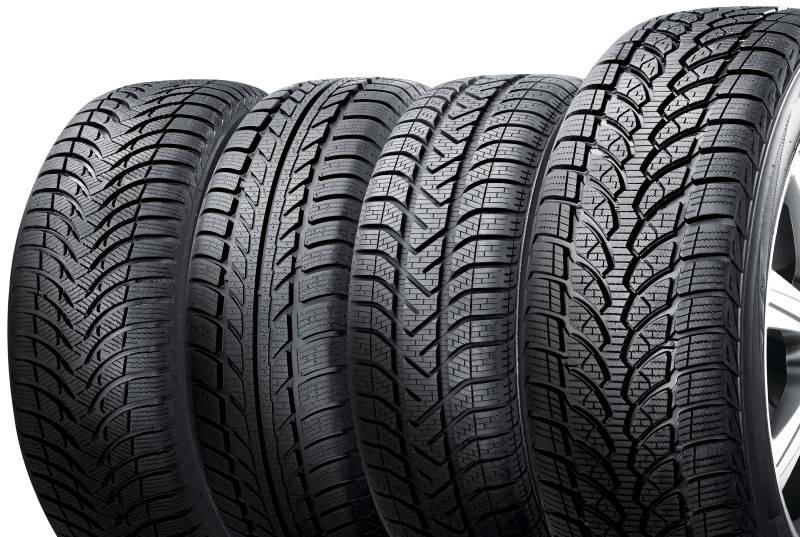What are All-season tyres?
All-season tyres combine elements of both Summer- and Winter-tyres, sharing the benefits of both, to enable drivers to use them all year round. They are perfect for use in countries where snow and ice are not lying on the roads for extensive periods, giving drivers reassurance and consistent performance during all weather conditions. These tyres are great for all seasons as they handle the wet, the heat and the cold that we experience across the UK at different times of the year.


What is the difference between All-season tyres and Seasonal-tyres?
Summer and winter tyres are also referred to as ‘seasonal-tyres’ as they are developed for optimal performance in those weather conditions. All-season tyres combine the best of both to create an option that can be used all-year round. All-season tyres also have more notches in the tread pattern than Summer-tyres, making it easier for them to grip snowy roads. But advances in tyre technology means the compound of All-season tyres also provides good performance in the colder temperatures of winter. The tread compound of All-season tyres also makes them more durable and less prone to wear than Winter-tyres during the summer months.
All-season tyres are an attractive option for drivers who live in a place with mild summers and winters with occasional snowfall as they guarantee mobility and safety between -10 degrees and 30 degrees Celsius.
Can I mix All-season and Summer-tyres?
No, when changing to All-season tyres, drivers should change all four tyres. Vehicles should never have a mix of All-season and Summer-tyres. Similarly, All-season and Winter-tyres or Winter- and Summer-tyres should never be mixed. Vehicles should always have the same types of tyres on all four wheels.
Are All-season tyres worth it?
All-season tyres are great for providing performance and grip in most weather conditions, and therefore give drivers peace of mind when driving in milder climates, even during changeable conditions and seasons.
However, for those drivers who regularly drive in more extreme conditions, mountainous regions or where temperatures tend to regularly drop below freezing with snowfall, winter tyres maybe a better option during those harsher months. If travelling abroad during the winter months, it is worth checking whether All-season tyres conform to the Winter legislation enforced in some European countries or regions.


All-season tyres benefits
All-season tyres provide drivers with a safe driving experience all year round, and don’t need to be changed twice a year.
They perform to practically the same level as specialist tyres in their relevant seasons (summer tyres in the heat and winter tyres in snow and ice); remove the hassle of having to change tyres twice a year, whilst compromising only slightly on Seasonal tyres performance during extreme conditions. They are easy to drive on in the wet as they are designed to evacuate water and reduce the risk of hydroplaning. Their deeper grooves also provide grip in the ice and snow.
Are All-season tyres as good as winter tyres?
For most of the UK and most of the winter, All-season tyres provide sufficient grip in the ice and snow but where more extreme conditions are experienced over prolonged periods Winter-tyres may be necessary to combat conditions and meet local legislative requirements.
So, it depends on the type of driving, the terrain, the likelihood of heavy snowfall and legislation in the region as to whether winter tyres are more appropriate.
How much do All-season tyres cost?
All-season tyres are generally slightly more expensive than summer or winter tyres.
The price of All-season tyres varies according to the size, spec and brand that you decide to choose, and a tyre professional will likely advise you about the options more suitable for your driving needs and vehicle.

